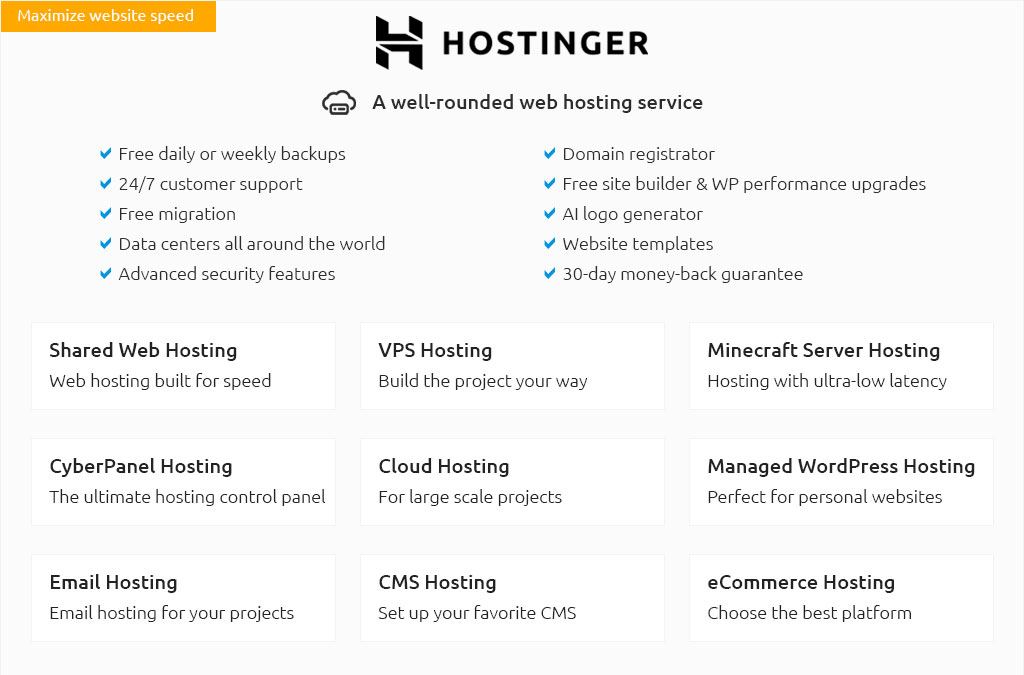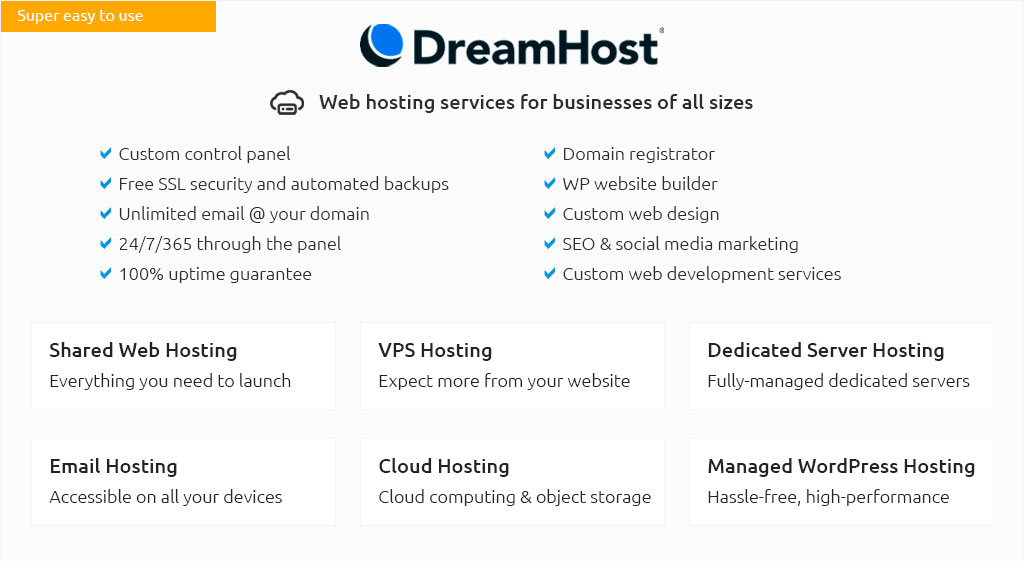 |
|||
 |
 |
 |
|
 |
|
 |
 |
 |
|||
 |
|||
 |
|||
 |
|||
 |
 |
The Rise of VPS Hosting in the IPv6 EraAs the world of web hosting continues to evolve, one of the most significant developments has been the adoption of IPv6, particularly in the realm of Virtual Private Server (VPS) hosting. While IPv4 served us well for decades, its limitations have become increasingly apparent, leading to a paradigm shift that places IPv6 at the forefront of modern internet protocols. VPS hosting, known for its flexibility and cost-effectiveness, is uniquely positioned to leverage the advantages of IPv6, offering a range of benefits that were previously unattainable. Why IPv6 Matters The primary impetus for transitioning to IPv6 lies in the exhaustion of IPv4 addresses. With the proliferation of internet-connected devices, the demand for IP addresses has skyrocketed, rendering the 4.3 billion addresses provided by IPv4 insufficient. IPv6, with its 340 undecillion addresses, offers a virtually limitless pool, ensuring that every device can have its unique identifier. This expansion is crucial for sustaining the growth of the Internet of Things (IoT) and supporting new technologies that rely on constant connectivity. VPS Hosting: A Perfect Match VPS hosting is often celebrated for its ability to provide users with a dedicated environment that mimics a physical server, without the associated high costs. This approach grants users the autonomy to install software, manage resources, and maintain security protocols as they see fit. The integration of IPv6 into VPS hosting enhances these capabilities by offering more efficient routing, better network auto-configuration, and improved end-to-end connectivity. Not only does this facilitate smoother operations, but it also aligns with the future-proofing strategies that many businesses are keen to implement. The Technical Edge One of the technical marvels of IPv6 is its streamlined packet processing. By eliminating the need for Network Address Translation (NAT), which was a necessity under IPv4 to conserve address space, IPv6 reduces latency and simplifies network architecture. This advancement is particularly beneficial for VPS hosting, where performance and reliability are paramount. Moreover, IPv6 includes built-in security measures such as IPsec, which offers end-to-end encryption and authentication, providing an additional layer of security that is critical in today's cyber landscape. Challenges and Considerations Despite the clear advantages, the transition to IPv6 is not without its challenges. Many organizations are still in the process of updating their infrastructure to support this new protocol. Compatibility issues can arise, particularly with legacy systems that were designed with IPv4 in mind. Furthermore, while the benefits of IPv6 are substantial, they require a certain level of expertise to fully harness, which can be a barrier for smaller businesses or those without dedicated IT support. The Future of VPS Hosting with IPv6 As we look towards the future, it is evident that the adoption of IPv6 in VPS hosting is not just a trend but a necessary evolution. The demand for reliable, scalable, and secure hosting solutions continues to grow, and IPv6 provides the infrastructure needed to meet these demands. While there are hurdles to overcome, the potential rewards far outweigh the challenges. With its vast address space and enhanced capabilities, IPv6 is set to revolutionize VPS hosting, paving the way for more robust and innovative digital landscapes. In conclusion, staying informed and embracing these technological advancements is crucial for businesses and individuals alike. By adopting IPv6, VPS hosting providers can offer improved services that are not only aligned with current needs but also prepared for future demands. It is an exciting time for the industry, and those who adapt will undoubtedly find themselves at the forefront of the next wave of internet innovation. https://www.cinfu.com/ipv6-vps
IPv6 Only VPS is private server with only IPv6 address assigned. Important! There is no IPv4 address assigned to IPv6 Only VPS Server. https://bluevps.com/ipv6-vps
An IPv6 VPS operates on a virtualized server infrastructure, allowing users to have dedicated resources and control over their hosting environment. https://www.reddit.com/r/selfhosted/comments/1b5hk2w/shall_i_use_ipv4_or_ipv6_for_my_vps/
In most cases, there is no "IPv4 OR IPv6". You could use both just fine. Every server I host has a dedicated IPv4 and IPv6 /64. On the server interface, both ...
|